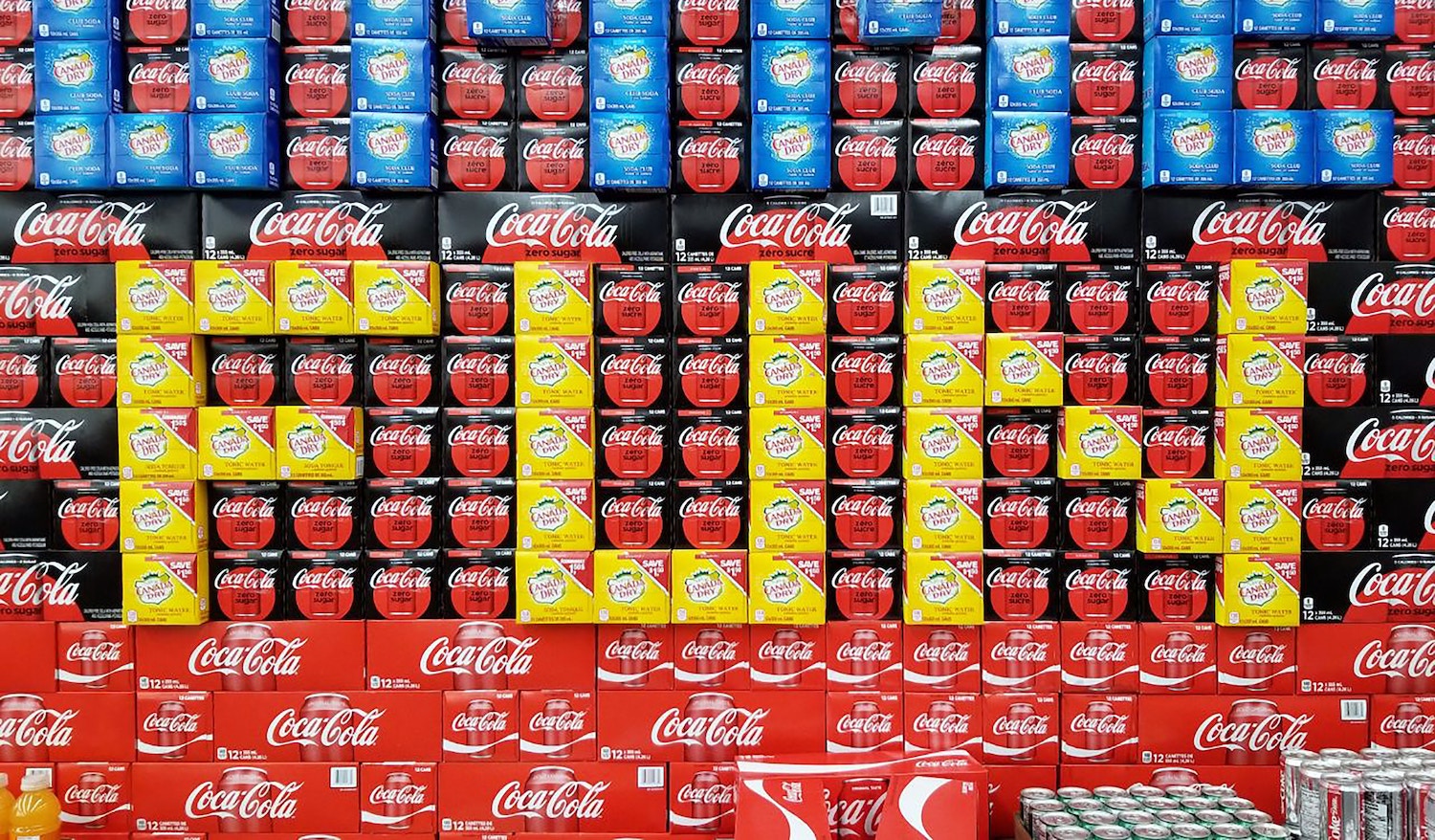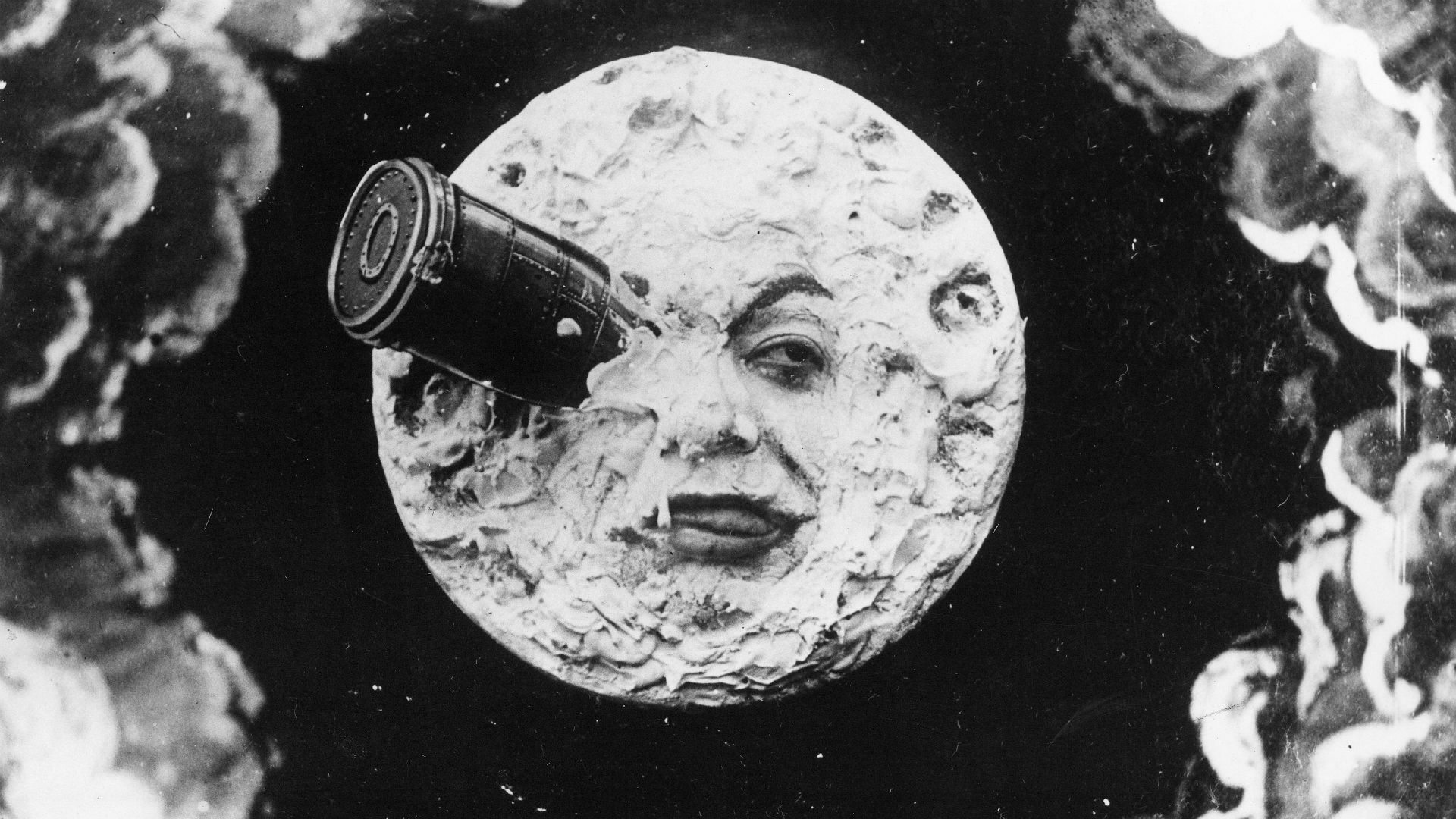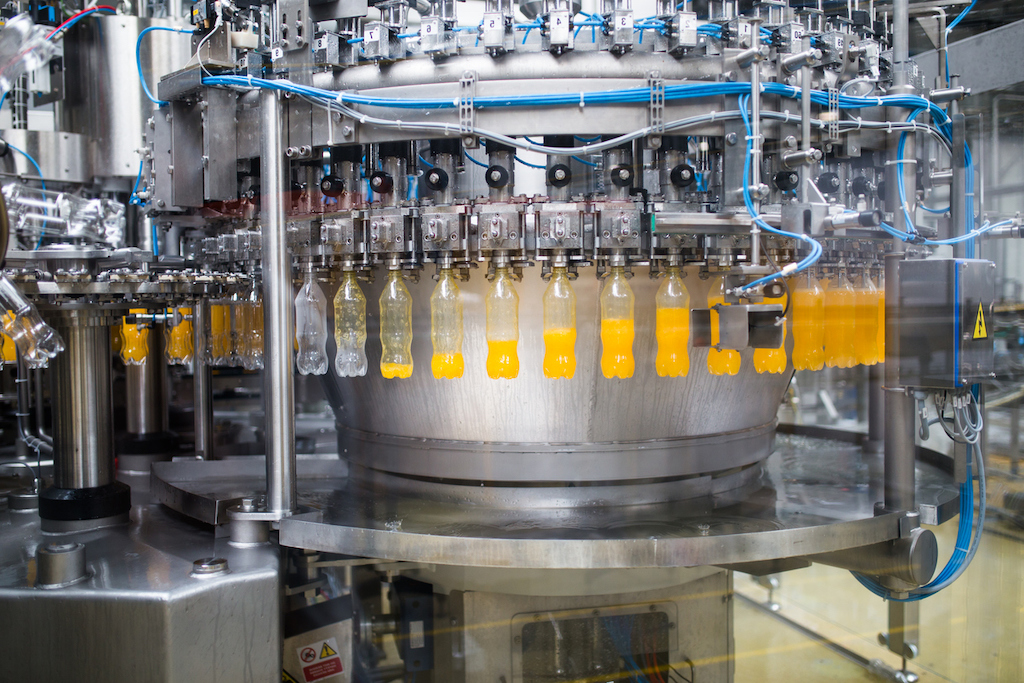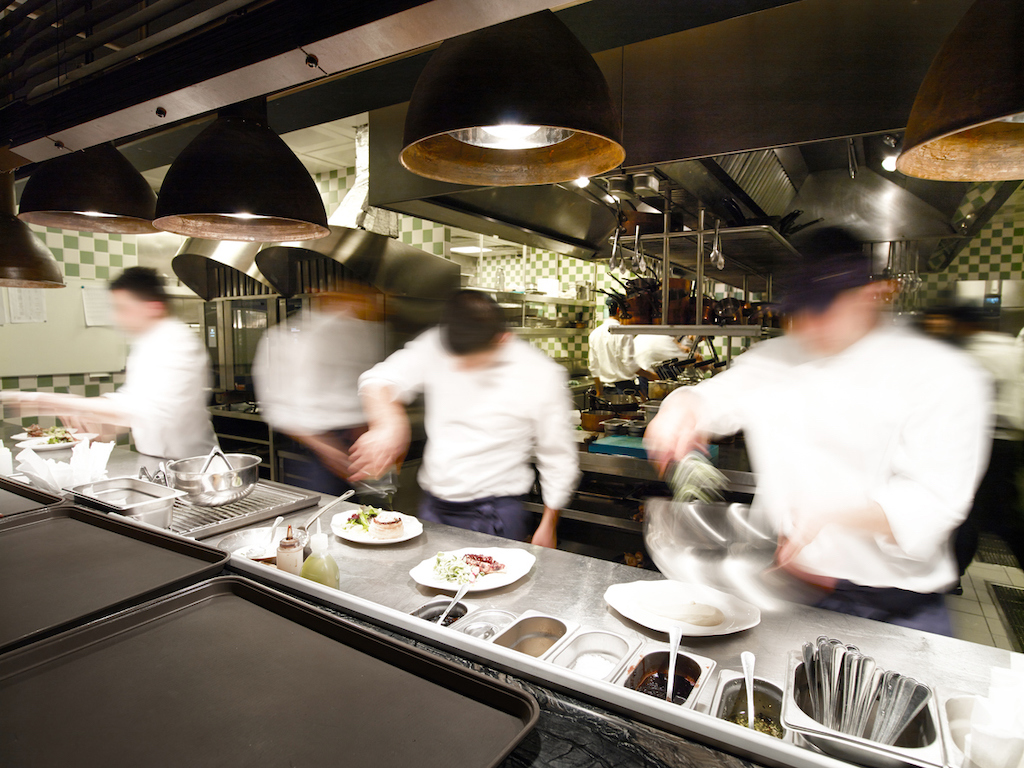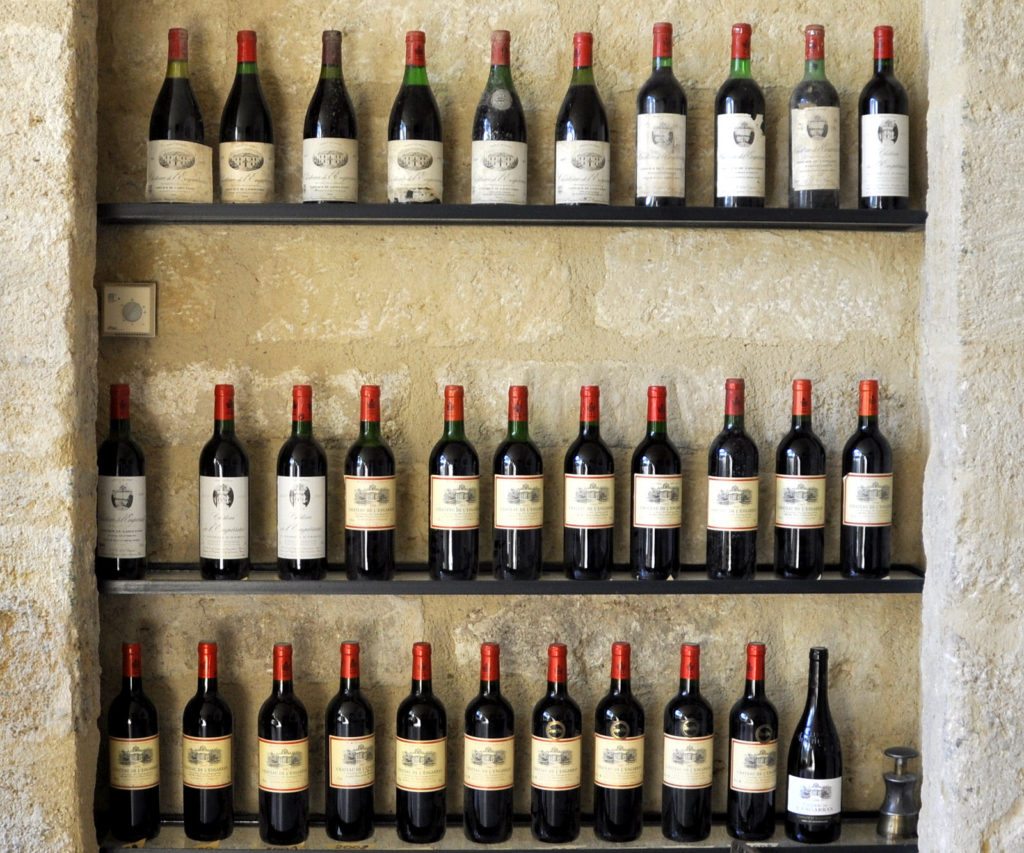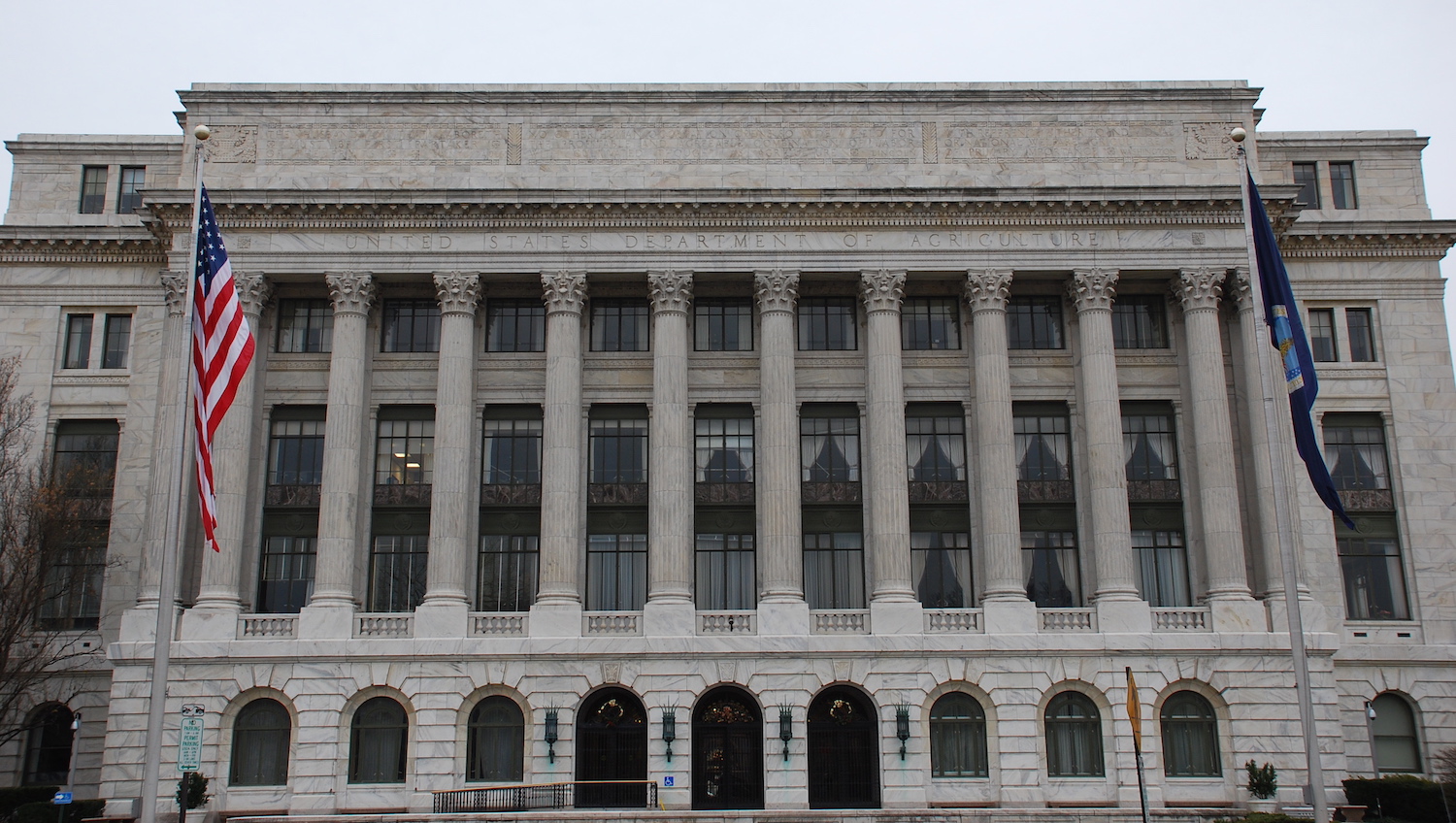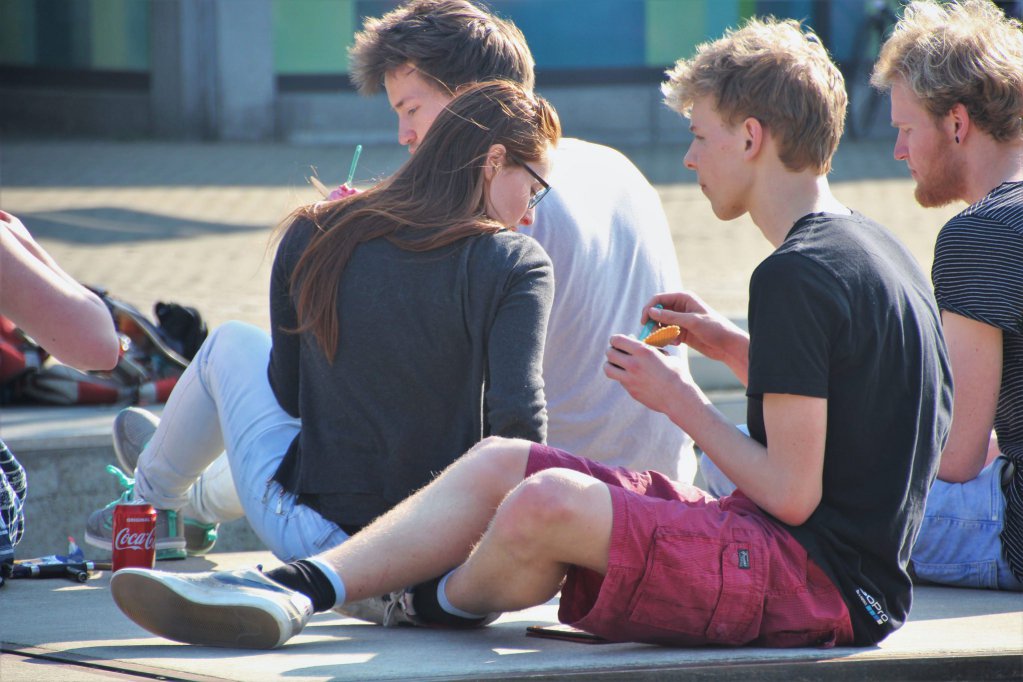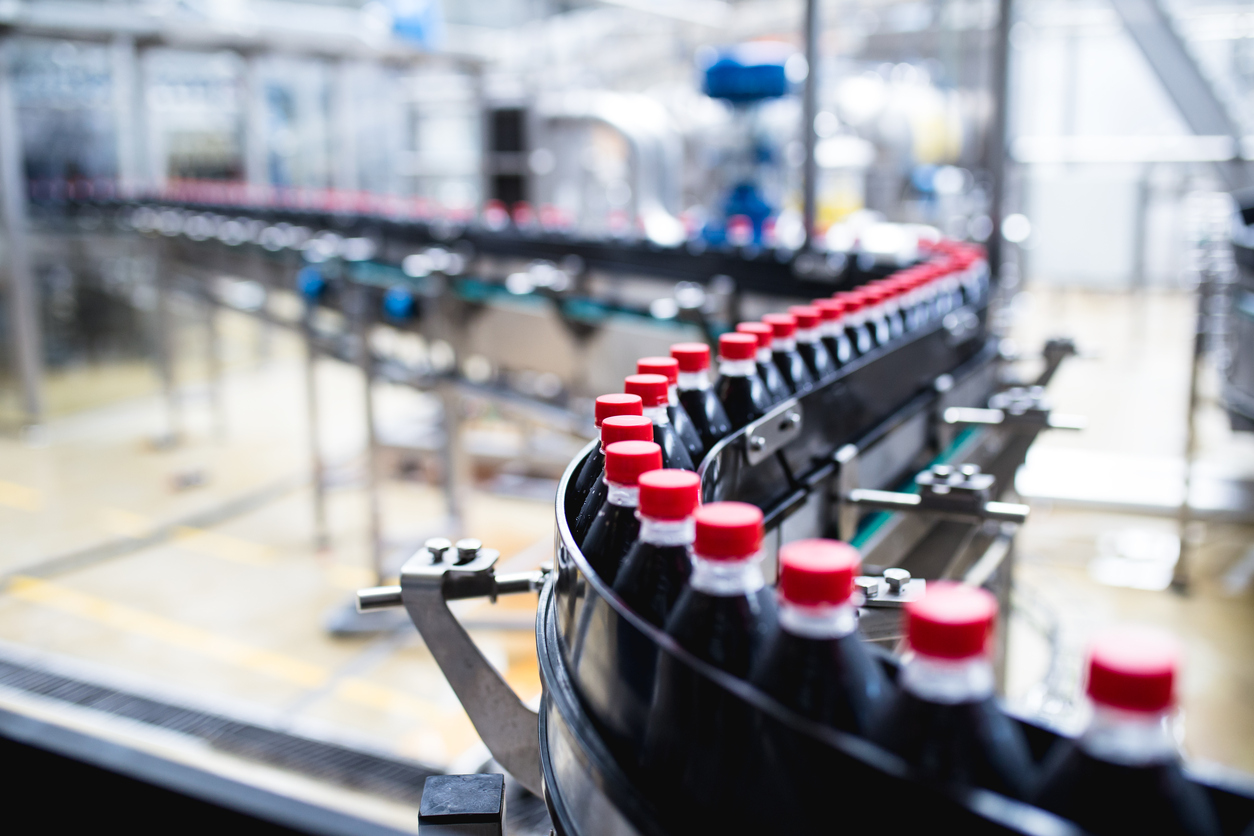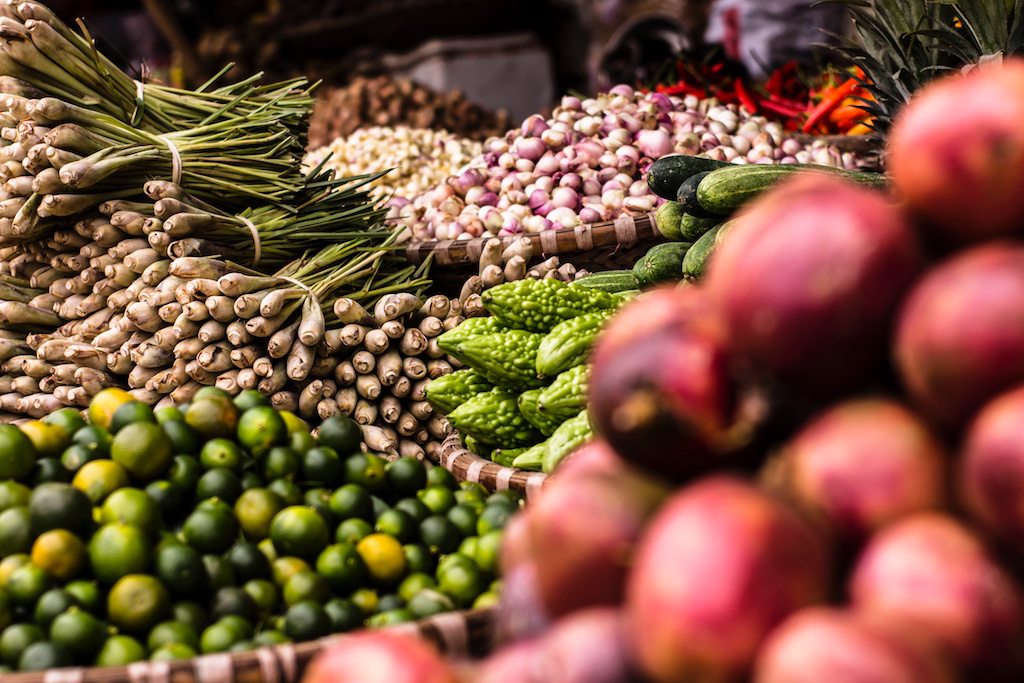Voters in Washington and Oregon on Tuesday voted on ballot measures that would ban cities and counties from taxing soda—with opposite outcomes.
In Washington, an industry-backed initiative passed by a 10-percent margin, blocking future soda taxes in the state. In Oregon, a nearly identical initiative failed by 15 percent.
Soda taxes are not new, but the use of ballot initiatives to preempt them is. The strategy appears to be a potent one for the soda industry, which may use it to slow the momentum of soda tax initiatives elsewhere.
“The fact that it did pass in Washington would suggest that they’ll consider doing it other places as well,” John Cawley, an economist at Cornell University who has studied soda taxes, tells me.
Cawley says this practice of preemption—where state governments institute laws that prevent local ones from adopting certain policies—harkens back to a similar public health issue of the very recent past: smoking.
“The beverage industry has taken a page from the tobacco playbook and has gone to the state level to try to get laws passed that just prohibit cities from doing this,” Cawley says. (To this day, Florida preempts localities from instituting their own smoking regulations, for example.)
Preemptive soda tax bans have already been passed at the state level elsewhere: in Michigan in 2017, and in Arizona and California earlier this year.
“There’s no city in these states proposing a broad-based excise tax on all groceries,” Cawley says. “It’s certainly possible that there was confusion among voters who mistakenly thought that that was being proposed and they were opposed to that because of its potential impact on their grocery bill. But in fact, what this was really a response to was a narrow soda tax.”
In 2015, Berkeley, California became the first city to pass a tax on soda. Since then, plenty of communities have attempted to follow suit, with varying degrees of success and a lot of contention. In theory, soda taxes work to dissuade the consumption of sugary drinks, which are associated with increased health risks. In his research, Cawley found that a soda tax in Philadelphia reduced adult consumption of soda overall, even after accounting for cross-border shopping by some shoppers to get around it.
It’s not revolutionary to tax products that have adverse effects on the health of citizens at large, Cawley notes.
“There’s a sound rationale for taxing things that cause external costs on society,” he says. “Just as tobacco increased Medicaid bills and Medicare bills that are ultimately funded by taxpayers, high consumption of soda likewise can contribute to diabetes and obesity. There’s a really, really substantial cost associated with those things. Soda pop isn’t the only thing causing those, but it’s one possible contributor.”
A final question: Why did the two Cascadian states, both heavily blue, vote so differently with regards to the initiatives? Well, follow the money. In Washington, the soda industry poured $20 million into a campaign to pass Initiative 1634—which bans future soda taxes, while preserving any that have already been enacted—compared to a mere $8,000 in spending by the initiative’s opposition campaign. Meanwhile, in Oregon, soda and grocery lobbies spent $5.3 million to support the similarly-modeled Measure 103, while Michael Bloomberg, the former mayor of New York, spent $2.1 million to defeat it.
It’s not that the matter of soda taxes is permanently settled in these states. But if voters in Washington or Oregon change their minds—either because they were confused by deceptive language, or because they’ve had a change of heart—they’ll have to wait until 2020 to put soda taxes back on the ballot.
